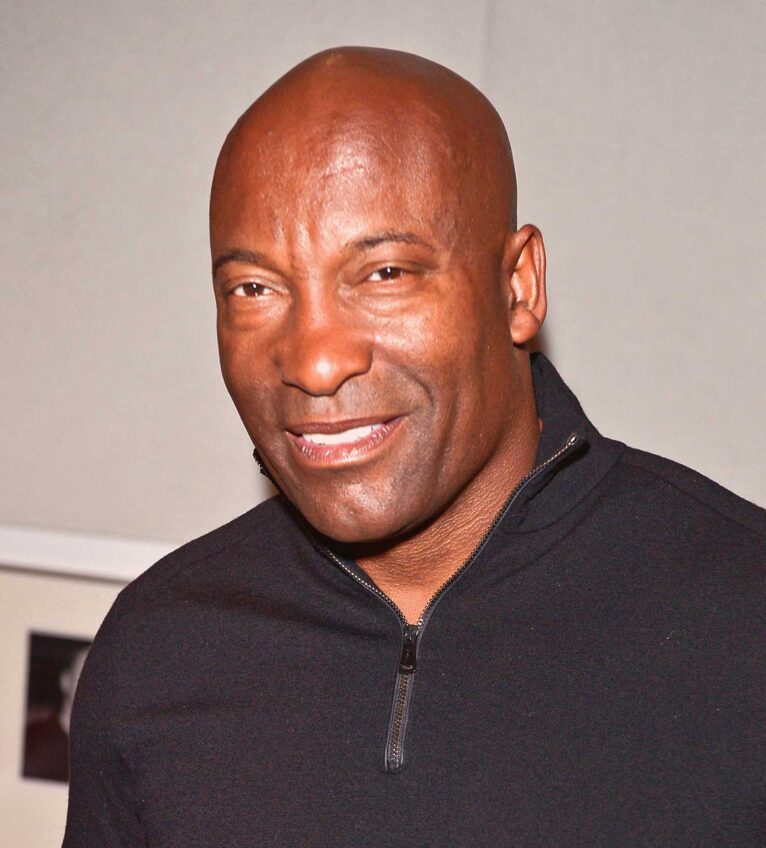
Health information brought to you by
Blue Cross Blue Shield of Massachusetts

Simone Biles offers a powerful example of how mental health challenges can impact even the most accomplished individuals. Despite her extraordinary skills, extensive resources, and widespread support, she has faced moments where her mental health required her to step back and prioritize her well-being. This highlights that mental health struggles are universal and can affect anyone, regardless of their achievements or external advantages. Simone’s experience underscores the importance of acknowledging and addressing mental health needs, reinforcing that even those at the top of their fields need to take time for self-care and recovery.
Understanding mental health requires considering a range of influencing factors. Biological elements, such as genetics, brain chemistry, and family history can play a crucial role; as can one’s overall physical health and the prevalence of pre-existing and chronic conditions. Negative life experiences such as trauma and abuse can also significantly affect mental health. For many, the quality of personal relationships and social connections play a big role in their overall mental well-being.
Mental Health and Wellness in multicultural communities
The National Institute of Mental Health estimated that 57.8 million adults aged 18 or older in the United States struggle with a mental health challenge. This number represented 22.8% of all United States adults. While the numbers indicate many people experience mental health conditions, pre-existing misconceptions and stigma among communities, especially those of color, continue to be a challenge. Psychiatrist, Dr. Nicole Christian-Brathwaite, agrees “African Americans may not want to share their “personal business” with anyone outside of the family. We can be made to feel we cannot reveal vulnerability or ask for help.”

Dr. Nicole Christian-Brathwaite, Board-certified child, adolescent and adult psychiatrist PHOTO: Faith Ninivaggi for COVERAGE
Similarly, in Hispanic cultures, mental health is also considered a taboo topic. Language barriers and cultural misconceptions prohibit many in the community from pursuing mental health services.
Research conducted by the APA, American Psychiatric Association, finds that Asian American and Pacific Islanders often suffer from mental health challenges due to the myth of the “model minority.” This construct creates a false narrative that this community must maintain a standard of “perfection” stemming from cultural expectations surrounding socioeconomical and educational successes. The pressure to maintain and preserve this ideal is felt from both family and society; failure is not an option and could be seen as a huge burden on
the family.
Additionally, research by the APA found that LGBTQIA+ families — due to a history of family rejection, discrimination and negative experiences with clinicians — will often display higher rates of mental health disorders. Gay men and women cite two times higher rates of mental health conditions than their heterosexual counterparts, while the rates of suicide attempts are four times greater for LGBTQIA+ youth.
Portions of Dr. Christian-Brathwaite’s comments were originally published in Coverage, a news service of Blue Cross Blue Shield of Massachusetts.
What is Mental Health and Wellness?
According to Dr. Gregory Harris, senior medical director for mental health at Blue Cross Blue Shield of Massachusetts and a practicing psychiatrist, “Mental health and wellness includes our emotional, psychological, and social well-being. It affects how we think, feel, and act. It also helps determine how we handle stress, relate to others, and make healthy choices, at every stage of life, from childhood and adolescence through adulthood.” Experiencing mental health challenges is not a reflection of personal weakness. They can affect anyone, from any background, race or gender.

Dr. Gregory Harris, Senior medical director for mental health at Blue Cross Blue Shield of Massachusetts and practicing psychiatrist
It’s important to note that physical health and mental health are also deeply interlinked. “Depression increases the risk for many types of physical health problems, particularly long-lasting conditions like heart disease and stroke,” said Dr. Gregory Harris. In fact, people with depression have a 40% higher risk of developing cardiovascular issues and are twice as likely to develop chronic conditions like diabetes and cancer. One’s physical health can help or hinder their ability to manage daily stress and promote overall longevity of life.
How to know if you might need mental health support
If you were to suffer from a physical health affliction such as a persistent headache, the recommended course of action would be to contact your primary care provider for an appointment. Your mental health is no different. There are many signs and symptoms to look out for to determine if you could benefit from seeking mental health support:
• Excessive stress, anxiety, worry or fear
• Feeling persistently sad or down
• Difficulty completing daily life tasks
• Changes in sleeping habits or low energy
• Losing motivation to maintain hygiene
• Avoiding friends and/or social activities
• Disengaging from or missing work
• Changes in eating habits
• Losing interest in usual hobbies or activities
• Using substances to manage stress
• Thoughts about hurting yourself or others
How to get support for your mental health
If you feel you may need mental health support, a great place to start is to reach out to your primary care provider. They know your health history and can help provide guidance for what options may be best for you.
“Two-thirds of mental health care occurs in primary care offices, and the rest often takes place in small behavioral health practices,” said Dr. Harris. A variety of mental health resources and care options are available to you. You can also contact your health plan for help finding a mental health professional (e.g. therapists, counselors, social workers, psychologists and psychiatrists). If you’re a Blue Cross Blue Shield of Massachusetts member, sign into your MyBlue account to find mental health providers accepting new patients who offer cultural and specialty care. You can also use the provider finder www.cliniciansofcolor.org to find a therapist of color near you — but remember to check your health plan to see if they are in your network.
Is therapy right for you?
If you’ve been to a therapist before but did not achieve the desired results, don’t feel discouraged. The relationship between you and your therapist is a deeply personal one, and it could take time to find a therapist who is most compatible with you. For example, “if racism has been an issue in your life, and for over 95% of Black people it has, ask the therapist: ‘are you comfortable discussing race and my experiences with racism?’ It is important to be candid with your clinician,” states Dr. Christian-Brathwaite.
If you ultimately decide that therapy may not be right for you, there are other options to explore. If you are a Blue Cross member, you may have access to benefits that offer a no-cost, online self-guided program called Learn to Live® that can help with mild to moderate anxiety, depression, insomnia, or substance use and improve overall emotional health. Blue Cross wellness and holistic options can also provide access to benefits for mental and overall well-being. These include acupuncture, yoga, Pilates, massage therapy and others. Check with your health insurance plan to see if they may offer similar benefits like these, or what benefits are available to you.
Your mental health journey
Taking care of one’s mental health is often a journey that is personal and unique to each individual. Simone Biles shared: “I thought I could figure it out on my own, but that’s sometimes not the case. And that’s not something you should feel guilty or ashamed of. Once I got over that fact, I actually enjoyed it and looked forward to going to therapy. It’s a safe space.”







